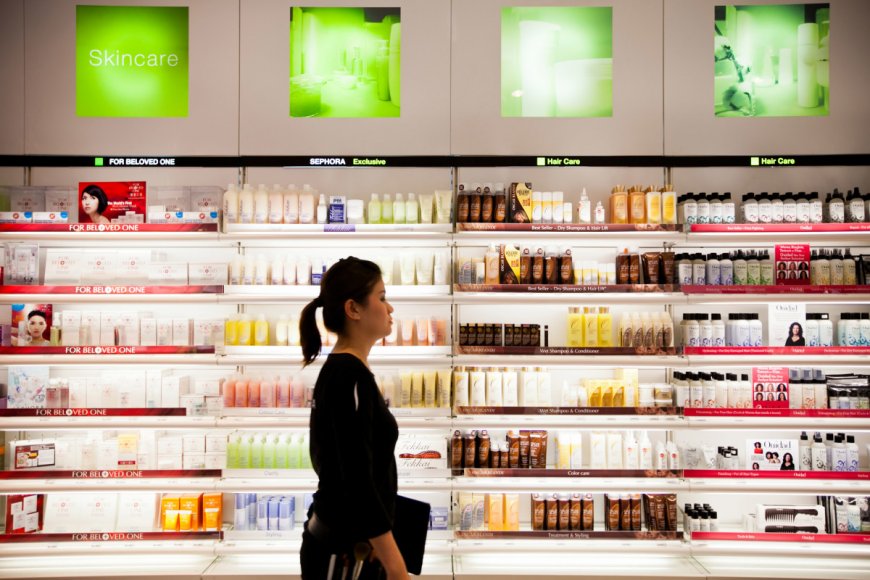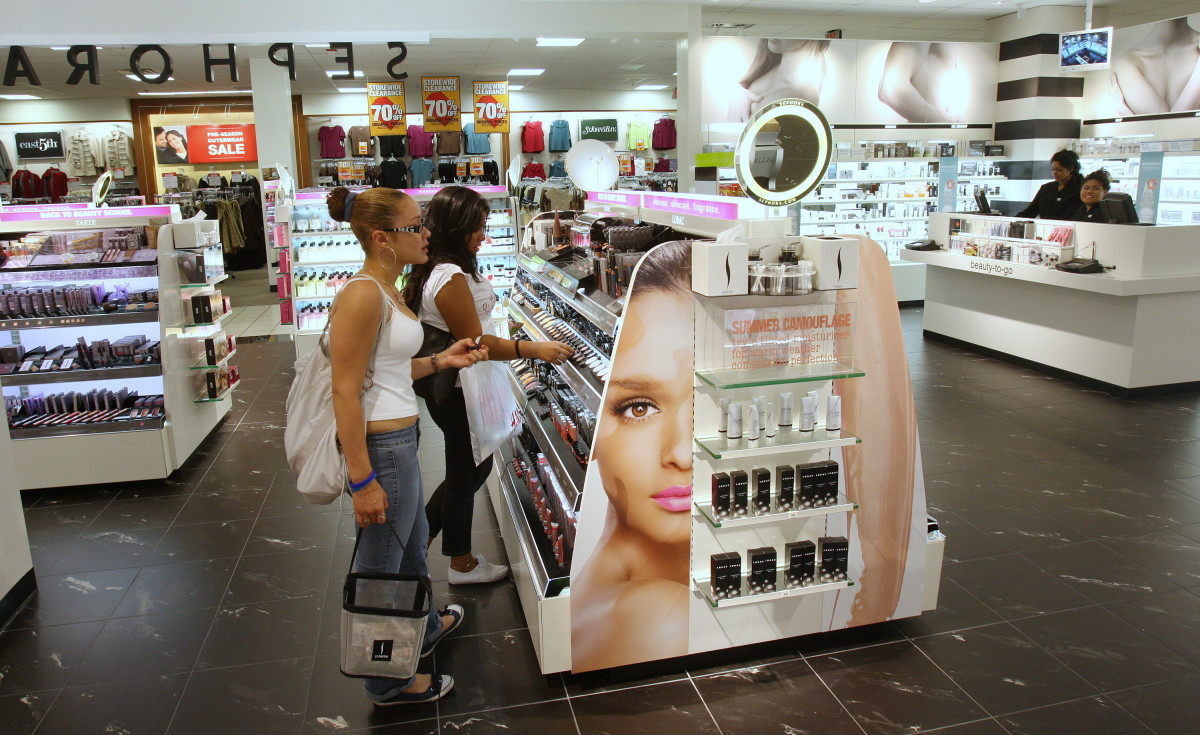Popular brand gets crucial delisting warning from NASDAQ
The online and in-person retail brand, which offers a variety of cult-favorite products, is facing an important moment in its business cycle.

The holiday shopping season is almost fully upon us, but it doesn't feel like it in many corners of the retail economy.
Many parts of the market seem to have hit a stalemate, as auto, housing, tech, and some parts of retail wind back the incredible gains seen thanks to lower interest rates and increased spending behavior seen in the earlier 2020s.
Related: Ulta has this one key advantage over other beauty retailers
But one growing corner of the market is the beauty industry, which in 2018 was valued at $508 billion. Now, in 2023, the industry is estimated at $579 billion, up 14% in just five years.
As other parts of the economy either stagnate or shrink, beauty continues to grow at a steady pace. And part of its secret for success is its increasing independence from brick-and-mortar stores and steady grasp on the online community. Largely propelled by social media trends and other virtual forms of entertainment, beauty brands hardly need a lot of stores to fuel sales and grow an audience.
And with so many brands selling aspirational luxury, beauty has got a long runway.
"Overall, beauty is expected to be characterized by 'premiumization,' with the premium-beauty tier projected to grow at an annual rate of 8% (compared with 5% in mass beauty) between 2022 and 2027, as consumers trade up and increase their spending, especially in fragrance and makeup," a recent McKinsey study found.
This might mean that, regardless of how much a customer has got to spend, he or she is probably more likely to opt for the splurge beauty purchase, particularly if it has a large following online.
One beauty brand gets a key warning
This can also mean, though, that the industry is increasingly competitive, and brands must grapple even harder to retain top status among choosy consumers.
After all, if you're going to invest $40 or more on a foundation, perfume, or lipstick, you'd want to be sure it works and has tons of positive reviews on it. Negative press, reviews, or simply a lapse in consumer attention can leave your brand irrelevant and struggling to regain attention in an increasingly noisy environment.
Such has been the case with Waldencast WALD, owner of Obagi and Milk Makeup. 
Milk Makeup, which is carried by large retailers like LVMH LVMHF -owned Sephora, bills itself as a wellness and beauty brand that caters to an audience more concerned about ingredients and product cleanliness.
The company, which was founded by L’Oréal executives Michel Brousset and Hind Sebti in 2020, went public in 2022 via a SPAC, and has been largely met with positive reception. One of its best-selling products on Sephora, the Hydro Grip Hydrating Makeup Primer, has over 6,000 reviews and is billed on the site as a "community favorite."
But in November the company indicated it had received a warning from NASDAQ that it was in danger of being delisted as it has not been giving "timely filing of periodic reports with the Securities Exchange Commission."
"The receipt of the Notice does not affect the Company’s business, operations or reporting requirements with the Securities and Exchange Commission," a 6-K reads via the SEC.
Waldencast, for its part, says it is working to finalize its full-year report, which ended in December 2022, "as soon as practicable."
Waldencast stock is down nearly 13% year-to-date.
What's Your Reaction?



























































